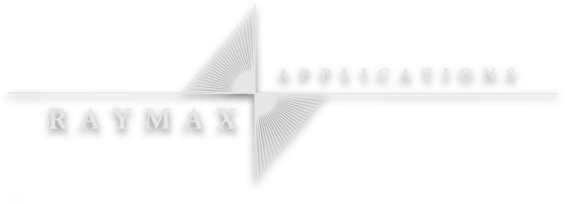Thales RHEA: a Flashlamp-Pumped Nd: YAG Laser
Thales offers a new RHEA solution, joining the Flashlamp Pumped Solid States (FPSS) product family and delivering high energy per pulse at high repetition rate. RHEA is ultra-compact, easy to use, highly stable and reliable and represents a cost effective solution for many applications. It is able to deliver high energy at 5 Hz, up to 8 J at 1064 nm and up to 5 J at 532 nm.
Suitable for use for laser shock peening, adherence testing, annealing, cleaning and for TW & PW amplifiers.
To find out more, contact Raymax.
Laserline
Adapted from a Press Release by Laserline GmbH on 18 January 2023.
The IDEEL research project aims to introduce a laser drying process as a more climate-friendly and economical method for the volume production of lithium-ion batteries. Within this context, it has now been possible to produce laser-dried anodes and LFP cathodes in a roll-to-roll process for the first time. The innovative manufacturing process significantly reduces energy consumption in electrode production and at the same time enables the drying speed to be doubled.
As part of the IDEEL research project (Implementation of Laser Drying Processes for Economical & Ecological Lithium-Ion Battery Production) led by Laserline GmbH, the production of laser-dried anodes and LFP cathodes in a roll-to-roll process has been achieved for the first time. Based on industry-relevant electrode pastes, the Production Engineering of E-Mobility Components (at the RWTH Aachen University) was able to demonstrate processability of aqueous LFP cathodes and anodes at the prototype facility at their eLab. In cooperation with the Münster Electrochemical Energy Technology Battery Research Centre, the qualitative properties were evaluated, and optimized electrode pastes developed.
For proof-of-concept a Laserline high-power diode laser with zoom optics was integrated into the existing film deposition system, resulting in generation of a homogeneous laser spot for drying the active material. The temperature distribution across the electrode was monitored using a Optris GmbH thermographic camera.
Tests were carried out at a web speed of 1.3 m/min, and both pure laser drying and hybrid drying with both laser and a downstream convection oven were successfully demonstrated. Initial results indicate that for pure laser drying, the new manufacturing process reduces energy consumption in electrode production by up to 85 percent!
BOFA International are providing on-line, on-demand podcasts on air filtration.
As laser technology is finding its way into a range of manufacturing processes it is important that health and safety are addressed. This is especially important with laser ablation – where small particles removed from an item or part enter the atmosphere in the work environment.
Suggested for listening are E2 with Richard Heard talking about data driven filtration – an enabler for laser productivity; and E4 with Geoff Sagar, the Product Manager of BOFA discussing the need to accommodate laser usage across a number of manufacturing sites.
You can listen to all the podcasts on the BOFA International website.
Where are we?
Cédric Chaminade flew out on Tuesday 24 January to attend SPIE Photonics West in California.
Carson Crosse is servicing lasers in Adelaide and Perth then flying to Belgium for training with OPTEC, then on the California for training with our new distributor, Applied Spectra.
